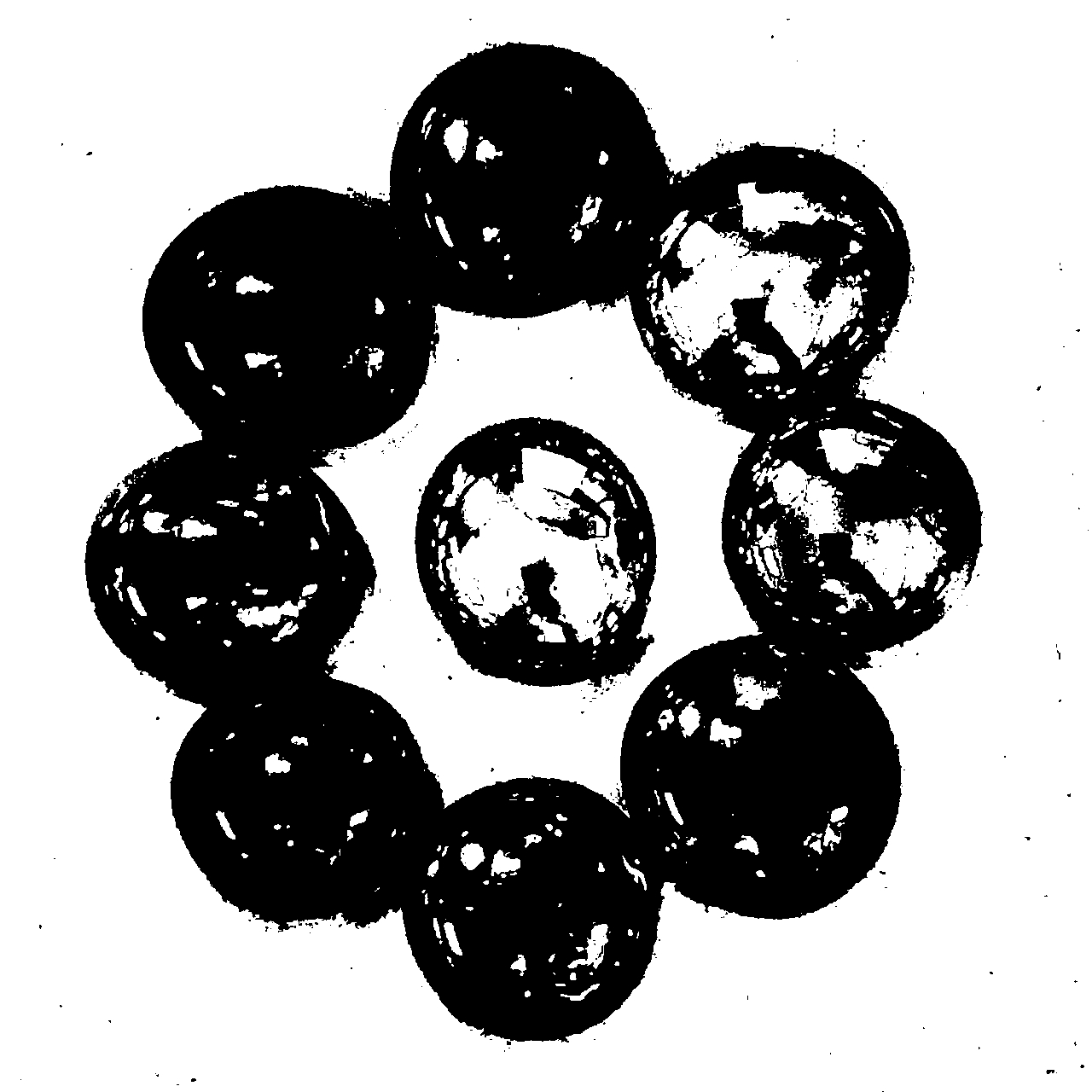Getting More Out of Therapy
There's Juice In How We Conceptualize the Thing Itself
A couple of weeks ago I gave a good dashing to a New York Times editorial by Carl Fisher. In some respects, my critique was really more about his piece than it was about his thesis, although it was about that, too.
His thesis was that talking about alcoholism as a disease was misleading, and could have detrimental effects on how we go about treating the disorder. (It could have been a good piece, had he dealt with this thesis directly with some evidence and argument.)
While I don't feel bad about the deserved complaints I had, I do want to concede that there's a part of his argument with which I agree entirely, although it's by no means limited to the treatment of alcohol use disorder. In fact, it could really be applied to all of mental health treatment.
It might be the case that good therapy needs to hurt like hell. But to what end?
I have, in my past, gone to “therapists” in an attempt to “feel better.” That is, I've suffered some psychological duress, and in that state of anguish was led to seek assistance. I saw that “therapist,” essentially, as a physician. I expected that therapist to make a diagnosis, and to prescribe treatment or medication of some sort.
But what I didn't realize until far later (when I actually looked at the field of therapy as a potential career for myself) was that many of them don't have medical degrees at all. I’d always known that a psychiatrist could prescribe meds whereas a therapist could not, but I never really paid attention to the fact that sometimes the therapist could have a Social Work degree as opposed to some sort of psychological credential recognized by a medical institution of some sort.
That's an entirely different issue, and worth considering elsewhere. What I'd like to talk about today is how to think about therapeutic work in the context of mental health and well-being.
Whereas the practice of medicine involves making a diagnosis and prescribing a treatment modality, therapy involves coaching the client or patient into performing arduous work for themselves. One might go to a therapy session and feel better (as I have no doubt countless times experienced). But, if one is really hoping to progress and become well (read “mentally and emotionally resilient”), a session really might involve painful sensations as much as anything else.
This is probably obvious to you. “That's why we call it therapy rather than medicine,” you could clearly point out. So it is I bow acknowledgingly to you. Verily, I should have realized this far earlier in my career.
All I can say is that I'm glad I've come to this newfound understanding. Now, instead of feeling shameful about talking through certain things with which I am uncomfortable (from my past or in my present — although mostly from my past), I realize that I am identifying a maladaptive behavior, and addressing it accordingly. There is no end state where homeostasis can be perfectly achieved in its ideal form.
There is only recognition of how my limbic system is responding unhelpfully due in large part to patterns I picked up in the past (which may have worked before) and stories I continue to tell myself). If that's what so-and-so meant by stressing that “alcoholism” is not a “disease,” I'm more or less with them. We might think of therapists less as doctors then as curates or coaches. But then what is their use?
This touches on another issue I've struggled with historically — and that is my frustration that therapists aren't held more accountable for getting results, given the high cost of their services. This is a sticky issue and, like the one of credentialing I mentioned above, must be kept for another post. I leave it here, however, out of aspirational desire.
I hope you are doing well and, if you are enduring a treatment modality, I hope that is going well, too. I also hope that this post helped you, and if it did that you'll share it with someone else it might help, as well.
_________
Thanks, as always, for reading.
___________
🔥 I'm not finished! 🔥




Interesting. I very rarely recommend therapy to people because I know how many bad therapists and horrid therapies there are out there - and you're right, it is far too expensive without any guarantee of service. Autopsychotherapy is a good concept, but it also requires a great deal of self-awareness. As time goes on I think it will be developed more and more. I think this is where formal peer support could really help, too - although the current models are naive.